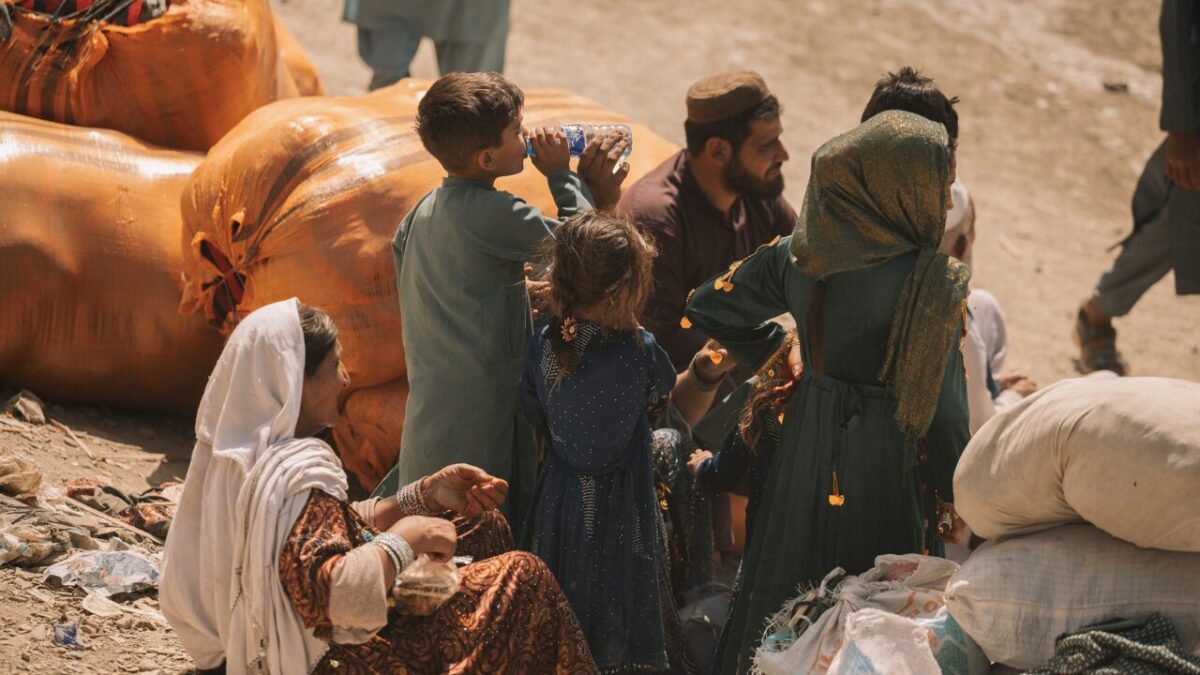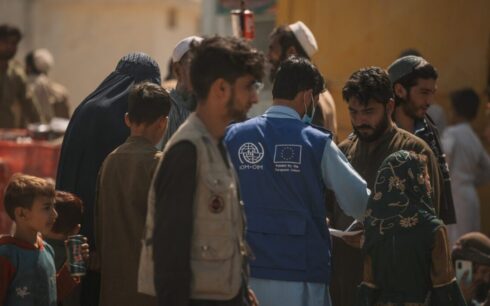The International Federation of Red Cross and Red Crescent Societies (IFRC) has warned that the mass deportation of migrants from Pakistan is exacerbating the fragile humanitarian situation in Afghanistan and overwhelming already strained infrastructure and services.
In a report on Saturday, the organization said nearly one million Afghans have been expelled — both forcibly and voluntarily — from Pakistan since September 15, 2023. The returnees have crossed back through official border points such as Torkham, Spin Boldak, Ghulam Khan, and Badini, as well as through unofficial routes.
The IFRC noted that over 144,500 people were returned in April alone, with more than 29,900 forcibly deported. On average, between 4,000 and 6,000 people crossed back into Afghanistan daily during the month.
Many of those returning are particularly vulnerable, including women, children, the elderly, people with disabilities, and individuals burdened by chronic poverty and debt, the federation said.
“The influx of returnees — amid prolonged drought, internal displacement, and a deteriorating economic climate — is placing immense pressure on Afghanistan’s already overstretched systems,” the report stated. Border provinces such as Nangarhar, Kandahar, Khost, Helmand, and Herat, as well as urban centers like Kabul, are among the areas most severely affected.
The federation highlighted that the scale and speed of returns have disrupted services, led to overcrowding in shelters and informal settlements, heightened protection risks, and increased disease outbreaks and social tensions, in a country where 80 percent of the population lives below the poverty line.
The IFRC also noted a sharp increase in deportations from Iran. Between March 20 and April 30, 2025, some 170,200 Afghan nationals were deported from Iran, further compounding the humanitarian burden on Afghanistan.
The organization called for sustained international support to address the escalating crisis and meet the urgent needs of the returnees.





